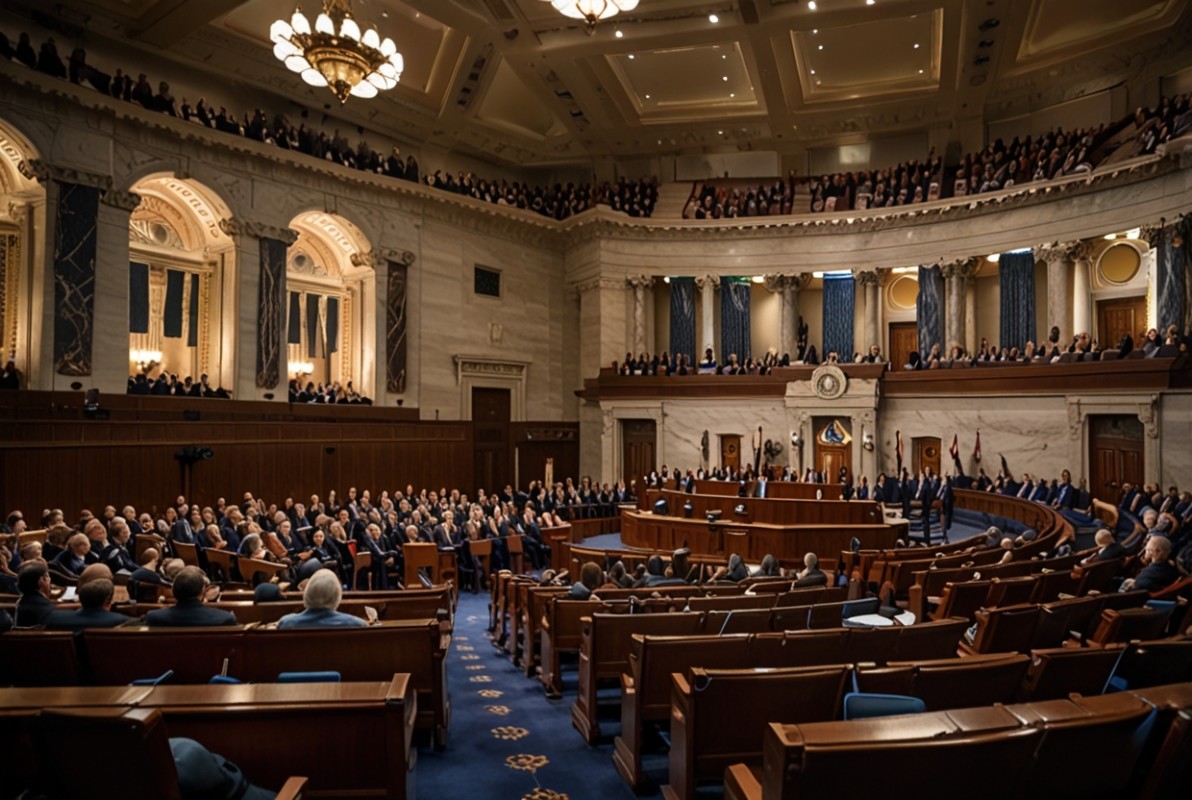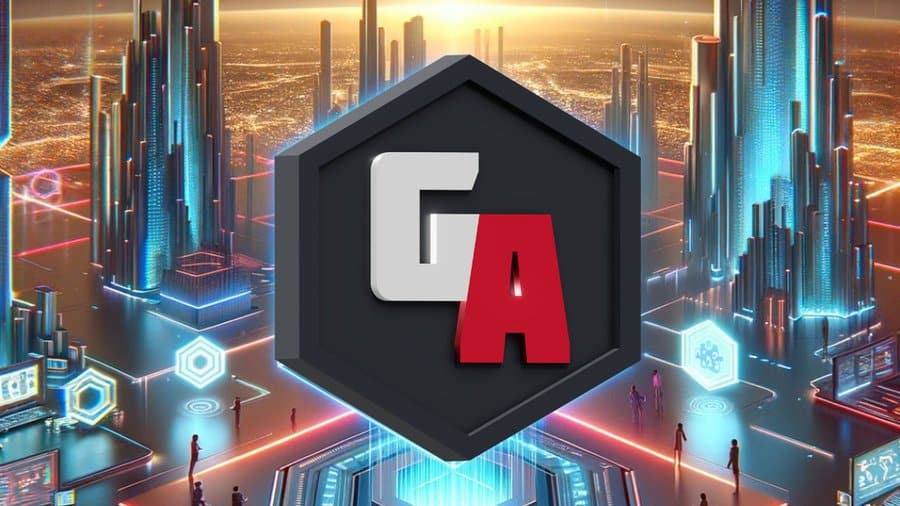Bitcoin Act 2024


The Bitcoin Act of 2024, introduced at the Bitcoin Conference in Nashville on July 27, “Empowering Innovation, Technology, and Competitiveness through Optimal Investments Nationwide,” or Wyoming Senator Cynthia Lummis’ proposed bill, seeks to solidify Bitcoin as a strategic asset in the U.S. financial arsenal. The bill’s core elements include creating a Strategic Bitcoin Reserve (SBR), a structured Bitcoin purchase program, and a comprehensive national custody policy. The bill is very brief, but here are some details on the bill’s key provisions, what they mean, and the innovative funding mechanism used.
Strategic Bitcoin Reserve
The establishment of the SBR represents a paradigm shift in how the U.S. government manages and stores Bitcoin at the federal level. Reflecting many of the best practices currently being discussed in this space, such as geographically distributed keys, cold storage mandates, and independent evidence retention audits, the SBR will create a network of secure Bitcoin storage facilities distributed across the United States. (Notably, not mentioned, but not explicitly prohibited, is multi-signature systems.) Thus, the law aims to protect against breaches and vulnerabilities to a single catastrophic event.
Bitcoin Purchase Program
The bill proposes a plan to acquire up to 1,000,000 bitcoins over a five-year period, capping annual purchases at 200,000 bitcoins, and then holding the reserve for 20 years. The bill also places restrictions on the use and sale of the reserve after the holding period. During the minimum holding period, bitcoins held by the federal government in the SBR cannot be sold, exchanged, auctioned, pledged, or otherwise disposed of for any purpose other than to repay outstanding federal debt obligations.
Funding the Bitcoin Purchase Program
To minimize the impact on taxpayers, the bill adopts several methods to fund the acquisition of Bitcoin, ensuring economic sustainability without increasing the federal debt.
First, it proposes an amendment to the Federal Reserve Act to redistribute the Federal Reserve’s discretionary surplus. This would reduce discretionary surplus from $6.825 billion to $2.4 billion. Then, the Federal Reserve would be required to remit its net income to the Treasury, and the act would direct the first $6 billion to Bitcoin purchases.
The law also includes a value adjustment for the gold certificates held by the Federal Reserve. Currently, the Federal Reserve holds gold certificates at $42.22 per ounce, and the market price of gold today is close to $2,400. In essence, this forces the Federal Reserve to value the gold certificates at market value and then transfer the gold profits to the Treasury to fund the initial acquisition.
National Participation
This bill considers incorporating state-level Bitcoin holdings into the national framework through voluntary participation. This aspect would allow individual states to store their Bitcoin holdings in segregated accounts within the SBR. By providing this option, the federal government allows (but does not require) states to add Bitcoin to their own treasuries without having to recreate and reimplement robust security plans.
States participating in the program maintain exclusive and separate ownership of the Bitcoin and the right to withdraw or transfer Bitcoin holdings from the SBR, subject to the terms of the agreement and applicable federal regulations, but not subject to federal restrictions that apply to SBRs. This flexibility allows states to manage their Bitcoin treasury according to their specific financial strategies and needs.
Meaning and next steps
By leveraging existing fiscal resources and the economic value of gold, the BITCOIN Act aims to acquire Bitcoin without directly burdening taxpayers or increasing the federal debt. This multifaceted approach highlights the innovative fiscal strategy the bill uses to integrate Bitcoin into the national reserve system, and sets the stage for comprehensive Bitcoin policy across all levels of the U.S. government.
Readers who wish to support this bill should use a tool created by the Satoshi Action Fund or contact their representative directly.
This is a guest post by Colin Crossman. The opinions expressed are entirely his own and do not necessarily reflect those of BTC Inc. or Bitcoin Magazine.


